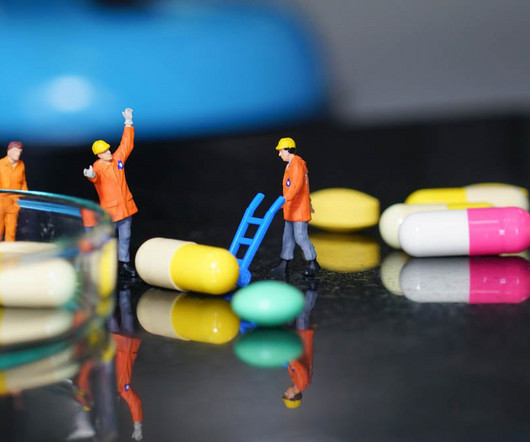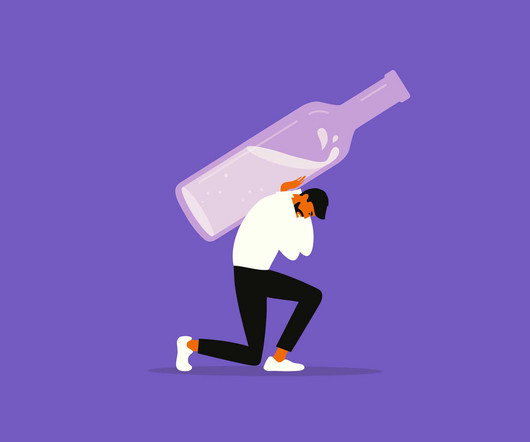Does Cognitive Behavioral Therapy Work? A Deep Dive into Women’s Mental Health
Lightwork
MAY 8, 2025
Cognitive Behavioral Therapy (CBT) is a powerful therapeutic approach that helps you reshape negative thought patterns and behaviors into positive, adaptive responses. This evidence-based treatment works by identifying destructive thoughts, challenging them, and developing healthier coping strategies.












Let's personalize your content